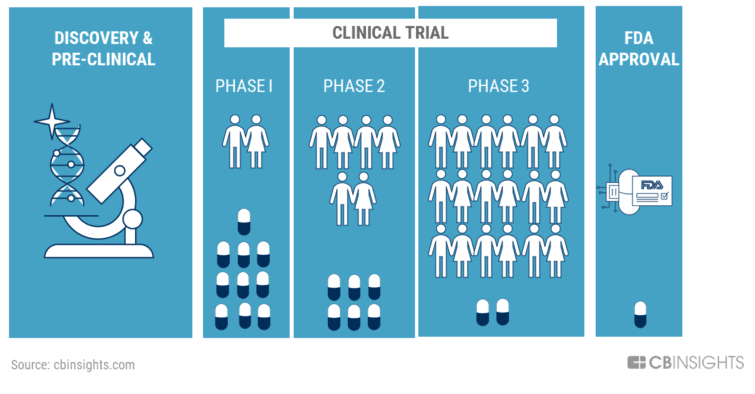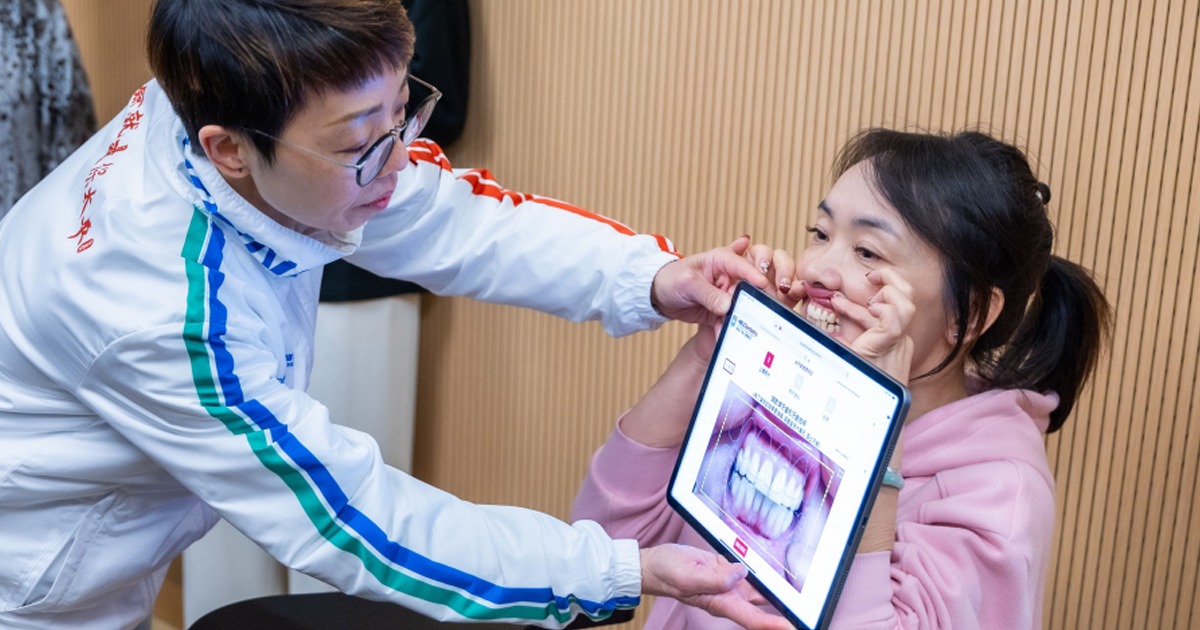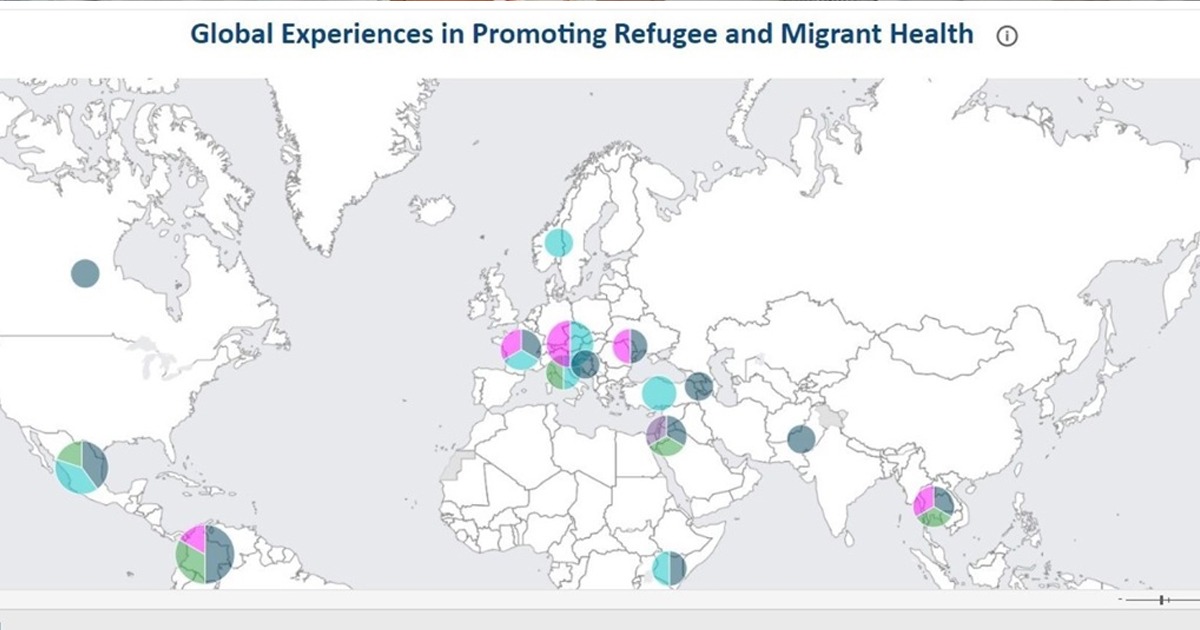Artificial Intelligence (AI) has the potential to improve the clinical trial processes that drugs go through before they can be marketed and enter the market.
Decentralized clinical trials represent one of the most important processes carried out by pharmaceutical companies. This type of trial facilitates the recruitment of participants and allows for a more diverse population universe. In addition, through mobile devices it is possible to monitor the progress of patients.
One of the most important challenges of clinical trials in general is that the right patients manage to find, participate and complete it. AI has the potential to improve the various stages of a clinical trial from patients searching for a trial to monitoring treatment adherence.
Through the use of natural language processing, it is possible to extract relevant information from the electronic medical records of patients and thus determine their eligibility for a specific trial. This is one of the most common applications of AI in clinical trial processes.
Also, through machine learning, it is possible for an AI system to analyze laboratory images to find relevant data that can also determine a patient's eligibility and participation in a trial.

The United States has a law that protects the exchange of health data, Health Insurance Portability and Accountability Act or HIPAA. This law promotes the analysis of medical data as long as the data exchange is allowed by the patient and above all it emphasizes the importance of data interoperability between hospitals.
On the other hand, it has also highlighted the use of AI-based software for patient monitoring through mobile devices. They are also used by mobile apps to interpret data collected by the same devices.
Simulated patient data has even been generated by means of AI, to carry out other types of studies to detect diseases and treatments.
In this way, AI applied in trials and clinical research offers researchers new opportunities, not only in resource management but also in key aspects of understanding diseases, new drugs and complications. For example, Mendel.ai, a company dedicated to AI in clinical trials, created a search engine on COVID-19, so that researchers can collect data to conduct their own investigations.





